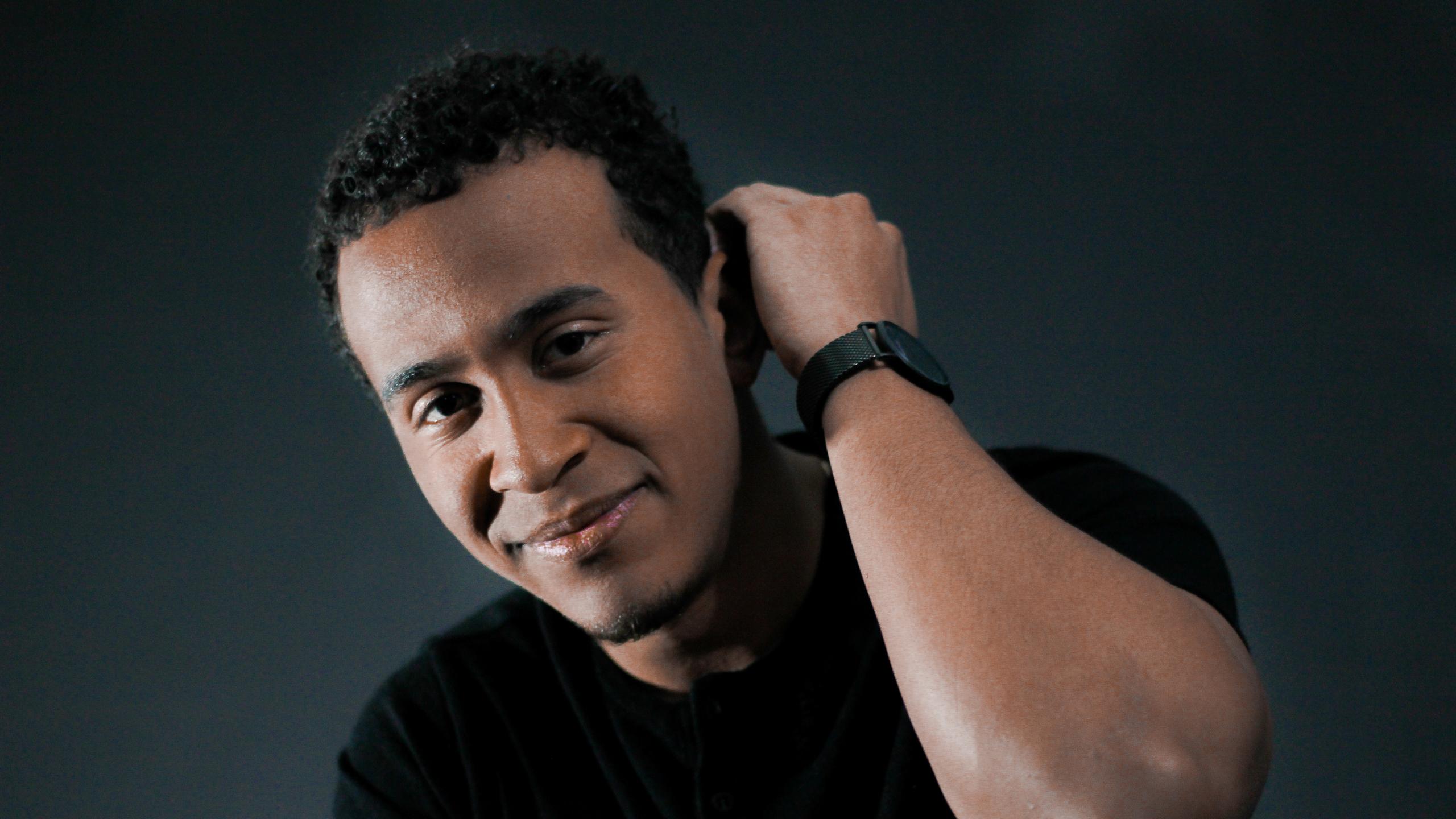By Peter Ash
Ryerson has made strides in diversifying their athletics programs, but it doesn’t erase the experiences that Black athletes carry with them.
Ryerson has come a long way when it comes to Black representation in their athletic programs. Although the school is known for its racist history—like being named after Egerton Ryerson who was influential in designing the residential school system in the 1840s—Ryerson has tried to make an effort in creating a new chapter within their athletic community.
Although this wasn’t aimed at the Black community, it was still a racist act and its memory still lives on to this day.
Sadly, the university has lived up to its namesake history, as there are still racist acts that have occured over 160 years later.
In 2008, a bulletin board from the East African Students Association was lit on fire. Even though there wasn’t any evidence of pre-meditation, many people believed that the slogans on the board—that had remarks such as “United to End Racism” and “Decolonize Ryerson”—prompted the attack.
From there came a sense of urgency in making the school as diverse as possible—with one of the starting points including their athletics program.
One of the students that was attracted to Ryerson’s eagerness to improve was Jean-Victor Mukama. Mukama, who’s established himself as a star on the men’s basketball team, hasn’t directly dealt with racism in his sport, but still notices how there’s been an improvement in diversity since the first time he entered the school five years ago.
“Obviously, Toronto has been known to be a city where there’s a lot of culture,” Mukama said. “I’m choosing to believe that with sports getting better and the city being one of the biggest in the world, it gave people a reason to join our culture.”
Mukama also understands the importance of having a diverse school culture, considering the number of issues that he and his friends have had to deal with as Black men. He also tries his best to tell other younger Black people that it isn’t always easy, but that’s the reality of how it is sometimes.
Trying to break from stereotypes isn’t easy, especially when the odds are stacked against you. No one knows that better than Rams athletes Kryshanda Green and Jama Bin-Edward.
Playing in a predominately white sport, Green who is the current captain of the women’s hockey team, vividly remembers having to deal with all sorts of problems growing up as a Black hockey player. “I got my first taste of racism when I was 11 years old,” she said. “I was playing against a team and we ended up winning…during the handshake at the end of the game, I had three girls on the other team call me the N-word.”
Green says the experience changed her perspective on life, and from there, she started to realize that she had to work harder than everybody else. When it comes to Ryerson, Green said that she’s noticed a change, but nothing astronomical. “ It’s good to see that we’re taking little steps,” she said.
As a forward on the basketball team, Bin-Edward said she observed other people close to her deal with racism. “My sister…[and I] used to go to tournaments and stuff,” she said. “She was the only person of colour on the team, and she used to get [racist] comments on the sidelines.”
While nothing can minimize the Black athlete experience, Ryerson has tried to create a new chapter within their athletic community—but it wasn’t always this way. According to a 2016 report from Ryerson’s office of equity, diversity and inclusion, 55 per cent of students identified as racialized or of visible minorities.
“When I took the job at Ryerson, I was shocked at the lack of diversity among our student-athletes across our athletic teams,” he said. However, the lack of diversity in athletics was first challenged by former athletics director, Ivan Joseph, when he was hired in 2008.
Joseph, who was born in Guyana, first points of action was to diversify Ryerson athletics programs. Increasing Black representation was a top priority, because he knew how it felt to be misrepresented. “When you looked at the diversity of students as a general body, it was quite good. Then when you looked at it across our athletic teams, we were significantly underrepresented.”
During his time at Ryerson, he helped the athletics department move to another level. From hiring men’s basketball coach Roy Rana, to leading a successful referendum in which students voted in favour to acquire the Mattamy Athletic Centre, Joseph slowly helped the school develop into an athletic powerhouse while making sure that athletes of colour were still attracted to the school.
Even though there have been steps taken to change the culture of the school, it’s clear that there are still more steps to go when it comes to Black representation and athletics.
Despite all that he has achieved, Joseph still feels like he has to be the hardest worker every day. Now at the vice-provost of student affairs at Dalhousie University, Joseph credits his no slacking mentality for helping him throughout his career.
“Every day, I think about making sure that nobody has an excuse to say he got this job because he’s Black,” he said. “I know that I have to outwork everybody, because there’s always going to be somebody wanting to put me down or [pick on me], because of the colour of my skin.”










Leave a Reply